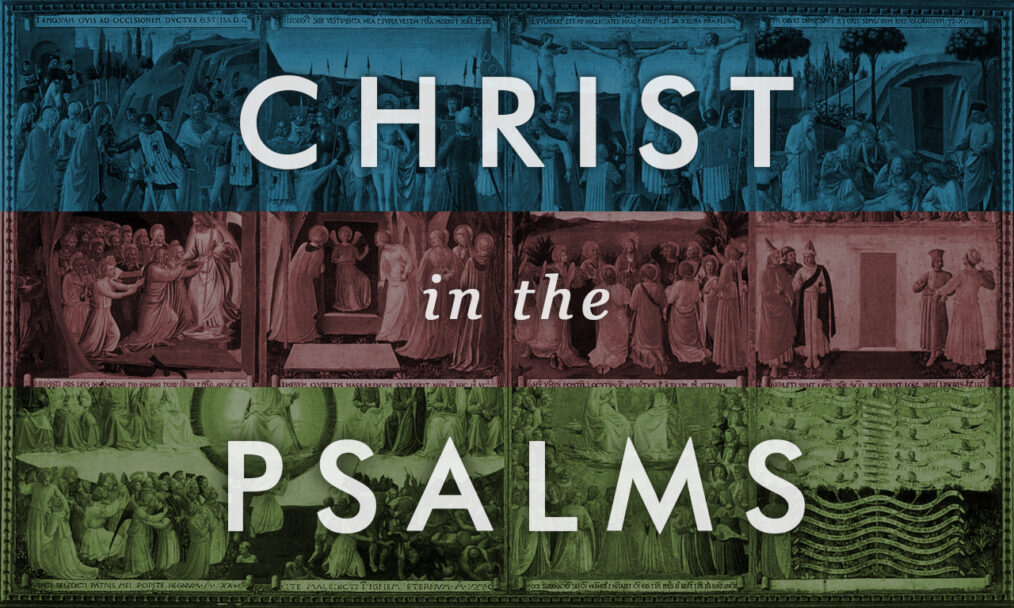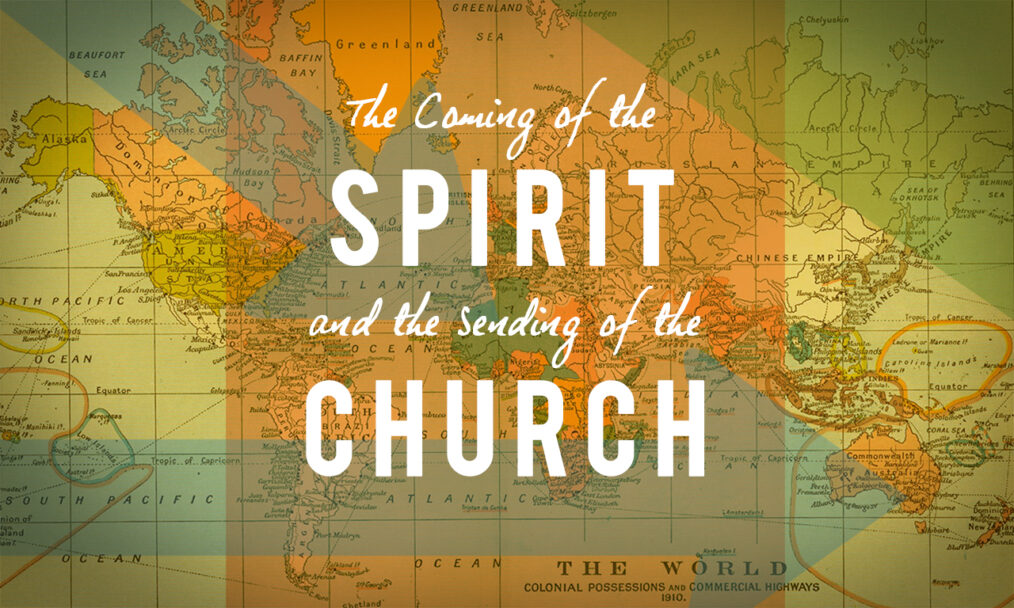I’m a young pastor. Our church started 5 years ago and prior to the weekly work of preparing sermons here, the most I preached was once every five or six weeks at other churches we were a part of in other cities. I estimate that in the last 5 years I’ve preached somewhere around 240 sermons at Park Church. This is nowhere near the sermons that pastors whose ministries have spanned 20 or 30 years have had to prepare and deliver week in and week out to their congregations. And yet, I can hardly imagine what these past five years would’ve been like if it weren’t for 3 years spent in graduate school specifically learning how to query and mine the text of the bible.
My first semester of Greek (which I had to retake), our professor introduced us to the concept of being “first-handers.” This meant becoming readers of the bible who did not ultimately rely on commentaries, scholars and other preachers to interpret a text but who had the tools to wrestle with the meaning of a text on its own terms. I know of few things more pertinent to the vitality of a pastor’s ministry than this skill.
Over the past couple of years I’ve worked with numerous church planters who have solid theology. They’ve read the “right” books. They’ve been influenced by the “right” teachers. They have great plans for planting their church. They have a good team around them. They are even gifted communicators. But I’ve struggled with a growing concern. Few of them are “first-handers.” They can deliver a decent, theologically accurate, and emotionally engaging sermon. They can apply insights from reading other writers or listening to other preachers. But the hard, often laborious work of mining the text of Scripture, wrestling with an argument or the turn of a phrase is foreign to them-and even worse is often seen as an unnecessary and academic distraction from the real work of pastoring. For far too many of us expository preaching has come to mean using the text as a diving board-failing to help our people to trace and see the force of an argument largely because we don’t have the ability to do it ourselves. I fear that we are growing an army of preachers who are going to run out of things to say.
In such a pastor’s preaching there will come, eventually, a shallowness and a simple inability to explore with and for their people the depths of beauty and reality that saturates the text and fills out the doctrine they may be able to articulate accurately. Preaching is reduced to proof-texting the doctrine or application we want to teach. We attach a handful of stories and then leap from the text into our message. I don’t know how long such a ministry can survive and I’m not sure what sort of depth and holiness and passion for mission can be sustained by such preaching and I’m afraid that we’re going to find out in a few years.
Pastors, give yourself to learning and growing in this skill: We must query the text. We must wrestle with the text. It is not so simple a matter as articulating a predetermined theological agenda using texts to buttress what you want to say. It is wrestling along a text to learn the layers and nuance and depths of what the Author is saying. It is learning to not simply teach what the text is teaching, but how the text is teaching it. We are doing more than simply establishing propositions from the text, we are trying to see not simply what but how-and to help our people do the same. There is no short cuts to this work. Church planting is hard. Pastoring is hard. There are endless demands on your time, and a thousand projects and meetings to have. Establish this discipline. Learn it and spend the rest of your life developing this skill. Explore the heights and depths of the text for yourself. Doing this will demand that everything else (including the actual work of sermon prep) be put on hold. It will require you to stare at a text for hours, asking questions, making observations, and praying (always praying) and refusing to move on to work on your actual sermon. Learn to breathe the text, feel the text and be crushed by the text. Then you can think about how to preach it, but until then any work on a sermon will lack the experience of meeting God in His word and hearing Him speak there. Unless that kind of life becomes a rhythm for you, you’ll eventually run out of things to say.
We were made for God. We were made with desires that simply cannot find satisfaction outside of Him and the Life He gives. One of the most wonderful discoveries I’ve found is that this Life literally spills over into everything. It isn’t limited to strictly “religious” activities. It isn’t restricted to particularly spiritual moments. This Life, this Joy-in-and-through-Him pours out through the Cross and by the Spirit to fill up and transform all of life. It has to do with food and family and friends and a well poured glass of wine. God intends to be trusted and loved and obeyed but there is literally no sphere of life where that is not immediately and directly relevant.
This week we will finish 1 Corinthians 12 and find Paul making the case that this Life in the Spirit comes to the whole of the church. No one is exempt. No one can opt out. If you are a part of the local church you were made to be wielded by the Spirit for the good and life of all.
Tonight we’ll look at what this sort of life looks like with our children. I encourage you to sign up on the city and join us as we examine the kind of Life God calls us to in our homes, with our children, pursuing Joy.
Joel Limpic will be leading our music on Sunday. Please take the opportunity to meet him this weekend if you haven’t yet. He and his family will be moving to Denver in the next few weeks. Also take a look at a side project he has been working on here. It is called The Verses Project and is a collaboration of a number of artists to help the church memorize scripture.
Hello Park Church,
I hope you all had a good Memorial Day Weekend. Our family spent a few days in the mountains with some friends and got to hike, relax a bit, and get used to school being out for summer. Nick did a great job wrapping up our study of the first 2 chapters of Acts and has left us in a good place in getting ready for 1 Corinthians 12-13.
Our Gospel Community hosted a BBQ last night at Cesar Chavez park off Tennyson Street. I sat down and looked around at what was happening at the park and was overwhelmed with gratitude to God for what I saw. I watched a group of dads playing basketball with their sons. I saw a group of women- some married, some mothers, some single- sitting in a circle talking about their various lives. I watched a couple of guys from our group talking to a few couples across the park who don’t know our church. There was good food (particularly the corn casserole and brats), good drinks, and a lot of people talking about life, the Gospel, and otherwise simply enjoying the gifts of God in a beautiful sunset, good food, and new-found friends. 5 years ago we didn’t have any of this. We had the hope that God would begin to build a community of worshippers and disciples who would love one another and love their city. We talked a lot about eating and praying together, hoping that a consistent celebration of the gospel, from the Scriptures, would begin to shape a certain kind of community life. This is why we are here. If anything stands out to me from the first 2 chapters of Acts, it is this: the preaching of the gospel led to the mass conversion and baptism of a ton of people- and then it led those same people to take on a whole new way of life- together. We’ve banked everything on that simple idea- preach the gospel, sing the gospel, celebrate the gospel and then do life together-counseling, encouraging, calling out one another in love. We think the Bible teaches that this will change everything.
I would encourage all of us to reinvest in the relationships God has surrounded us with here at Park. If you haven’t yet found a Gospel Community, find one, start showing up, start contributing, and start eating. If you lead a Gospel Community, keep this big idea ever in front: We believe the crazy idea that the Gospel really does change everything. It creates real friendships, real hope, real transformation. It convicts us of Sin, and declares to us a love and a mercy that is astounding. We also believe the crazy idea that an evening spent in a living room talking about God and His work in our work, our families, our relationships is the place where the very real presence of God’s Spirit is at work, through His word. We want to see Jesus change everything and it is here, as the Spirit works in the various gatherings of the church, that we are made new.
I look forward to starting 1 Corinthians with you this weekend. We’ll look more specifically at what the Spirit does in giving life, power and a mission to the church.


